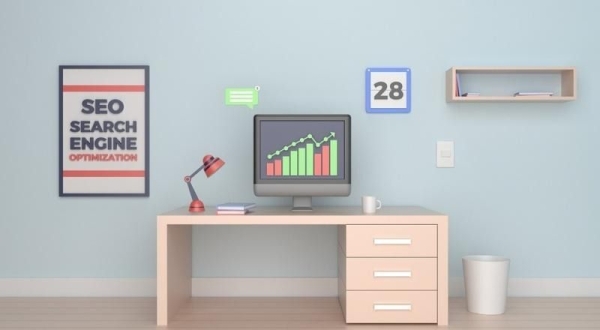SEO Quick Fixes

Want to get your website ranking higher? Course you do, here are some quick fixes you can put in place to give your SEO a boost.
Sitemap
A website’s sitemap is a crucial component; it’s a search engine’s guide, telling them about the structure of your site and what pages are the most important to be crawled and indexed for your site’s ranking.
Firstly, make sure you have one! It’s unusual not to though, so the next step is to get it up to date and error free. You also don’t want any redirects or links that could prevent the indexing of your site. Not doing so runs the risk of it being ignored by search engines. Remember to update your sitemap each time you add new content so search engines have the most recent version and your ranking isn’t affected.
So, make sure your sitemap is:
- Up to date
- Error free
- Updated as and when content is changed
URL’s
Google takes notice of URL’s as well as the main content of a website, so it’s worthwhile putting a bit of work in to them.
Key aspects of making a URL more ‘attractive’:
- Don’t make them too long. 60 characters max, fewer if you can
- Avoid filler words such as ‘for’, ‘and’, ‘or’ etc.
- Include relevant keywords
- Hierarchy in URL’s is vital, stick to it
- Make the URL path logical
Social Sharing
Make it super easy to share your content.
While Google have said social sharing doesn’t feature in their algorithms, they do still crawl Facebook and Twitter so enabling visitors to easily share to these platforms can still add benefit to your SEO. Plus, it’s a pretty good way to increase brand awareness!
How to get people sharing:
- Add share buttons to your site, particularly on the most popular pages and blogs
- Ask your visitors to share
- Share your blogs on your business social channels
Title and Meta Tags
Optimising title and meta tags by focussing on the benefits of your product or service, your competitive pricing or anything else that can set you apart from your competitors, while getting keyword search terms in there, can result in gaining a higher SERP. By optimising your tags, you're ensuring the best of your business is the first thing potential visitors see and the more relevancy you're being credited with by Google so the higher up the ranking you'll go.
Remember to:
- Do your keyword research
- Opt for mid-level keywords (high means much more competition and low means fewer searches are made for those words)
- Focus on what makes your company stand out
- Make it readable – it needs to make sense to the searcher otherwise you can say goodbye to any clicks
Alt Tags
Always, always add alt text to images on your site. It tells Google what your image is, seeing how they can't 'see' images, but can only read what they are, so it allows them to index your site more accurately, thus improving your SEO! Not only that, but it helps visually impaired visitors use your site and know what you're about.
What to do:
- Be as descriptive as possible
- But keep it under 60 characters
- Don’t overdo the keywords (Google doesn't like it)
So there you are, some quick fixes you can do to get your ranking moving on up! Nothing should take you too long, particularly if you're the super organised type.
If you need help with any of your SEO then give us a shout. We can help with Organic SEO thanks to our Advanced SEO service. Just get in touch.
16 February 2018



